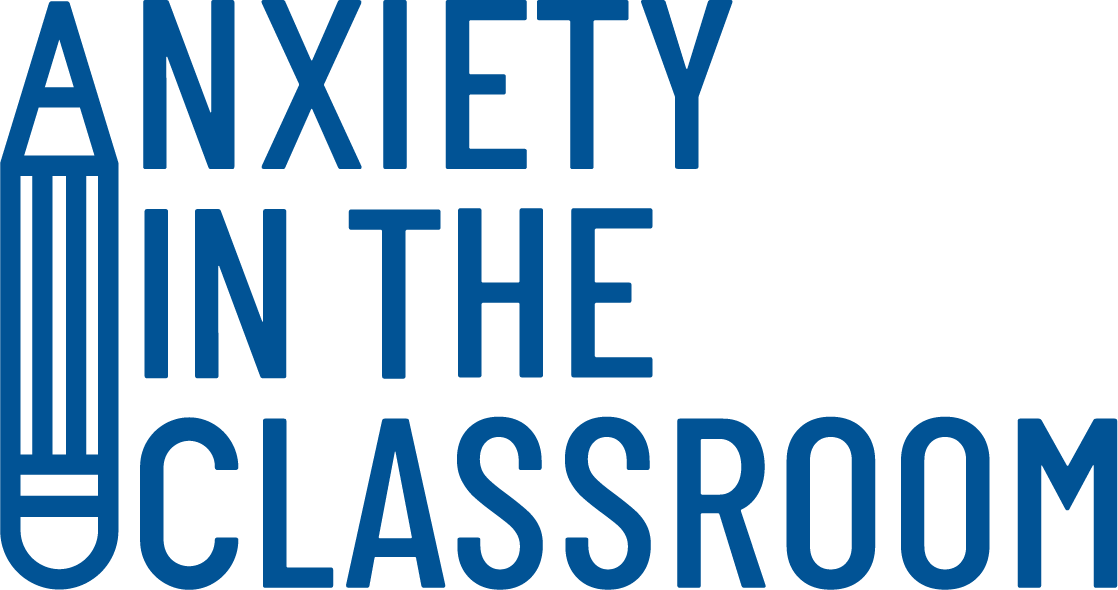Accessing University Resources
Each college campus is going to be different when it comes to what services they are able to offer their students. You can find out what resources are available by visiting your school’s website, talking with a counselor, or going through your student life center.
Getting to know your Resident Assistant and Resident Director (if living on campus) is important as they can help with campus living accommodations and stressors! In addition, get to know your academic advisor as they can help you manage course load and graduate in the shortest amount of time.
Some potential campus resources that you may be able to utilize are:
Whether you are a current or future student, start your semester off with a plan in place that nourishes your mental health needs and sets you up for success. You can work with your provider and/or family to help you establish a plan.
Things to consider when developing your plan:
What other resources are available to me?
Colleges often offer several free services to help their students deal with their academics. Your school might, for example, have a writing center where other students can help you with your papers, or they might be able to connect you with tutors if you’re struggling in class. Your school may also give you advice on how to better manage your time and develop better study skills.
Professors are another excellent resource that can help you succeed. If you are having problems with your course material, they can help put you on the right track. Professors are often willing to negotiate things such as assignment due dates with you, especially if they know you have a disability.
Finally, make sure you get the most out of your academic advisor. Your academic advisor is there to help you, and you should touch base with them often. If you have concerns about your schedule, are struggling with your coursework, or simply feel overwhelmed, contact your advisor. If your advisor cannot help you directly, they can still probably point you in the right direction.
References
- ADA National Network. (n.d.). What is the Americans with Disabilities Act (ADA)? Retrieved from
- https://adata.org/learn-about-
ada - American Psychological Assocation. (n.d.). Reasonable Accommodations Explained. Retrieved from http://www.apa.org/pi/
disability/dart/toolkit-three. aspx - BeyondOCD. (n.d.). Medical Leaves of Absence. Retrieved from http://beyondocd.org/
information-for-college- students/medical-leaves-of- absence/ - BeyondOCD. (n.d.). Why is This Happening? Retrieved from http://beyondocd.org/
information- for-college-students/why-is- this-happening - Brandman University. (n.d.). Self-care for college students. Retrieved from https://www.brandman.edu/news-
and-events/blog/self-care-for- college-students - National Alliance on Mental Illness. (n.d.). Managing a Mental Health Condition in College. Retrieved from https://www.nami.org/Your-Journey/Kids-Teens-and-Young-Adults/Young-Adults/Mental-Health-in-College
- U.S. Department of Education, Office for Civil Rights. (2011). Students with Disabilities Preparing for Postsecondary Education: Know Your Rights and Responsibilities. Retrieved from http://www2.ed.gov/about/
offices/list/ocr/transition. html - ULifeline. (n.d.). Connectedness and Healthy Relationships. Retrieved from http://www.ulifeline.org/
articles/475-connectedness- healthy-relationships - ULifeline. (n.d.). Exercise. Retrieved from http://www.ulifeline.org/
articles/472-exercise - ULifeline. (n.d.). Nutrition. Retrieved from http://www.ulifeline.org/
articles/473-nutrition - ULifeline. (n.d.). Sleep. Retrieved from http://www.ulifeline.org/
articles/471-sleep - ULifeline. (n.d.). Stress Management and Relaxation. Retrieved from http://www.ulifeline.org/
articles/474-stress- management-relaxation - ULifeline. (n.d.). Wellness. Retrieved from http://www.ulifeline.org/stay_
well



